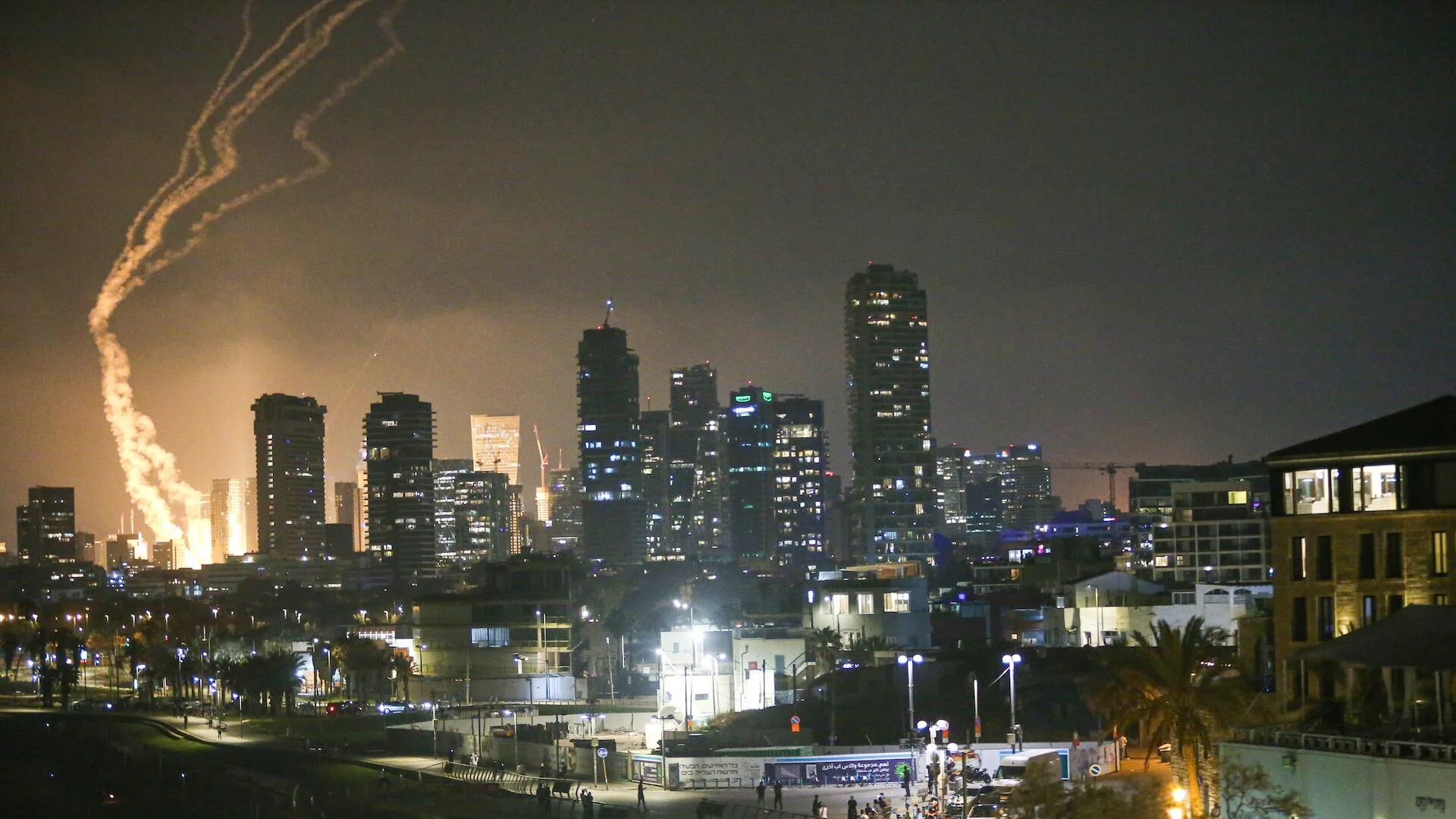The Pariah's Confession: How Iran Admitted to War Crimes While Clinging to its Nuclear Lie

In the murky aftermath of military confrontation, truth is often the first casualty. But for the Islamic Republic of Iran, the past few weeks have not been a casualty, but a confession. Through its own words, its own state-controlled media, and the undeniable evidence from the sky, the regime in Tehran has stripped away its threadbare veil of legitimacy. It has presented to the world an unvarnished self-portrait of a regime that is morally bankrupt, strategically isolated, pathologically deceitful, and fanatically committed to a nuclear program at any human cost.
Let us dispense with the tired diplomatic niceties. The core lie of the Iranian regime—that its nuclear ambitions are for “peaceful purposes”—has been pulverized, not just by foreign intelligence, but by its own defiant pronouncements. Following military strikes intended to neuter this existential threat, Iran’s response was not introspection, but a doubling down on its atomic obsession. The world’s leading nuclear watchdog, the IAEA, delivered the grim verdict: the damage was “severe” but not “total.” Director-General Rafael Grossi confirmed that Iran’s nuclear “knowledge” remains intact, allowing it to reconstitute its enrichment capabilities in a “matter of months.”
This isn’t just an external assessment. Leaked audio from the regime’s own officials reveals them assessing the damage as “less devastating than expected.” This is the sound of fanatics breathing a sigh of relief that their apocalyptic project remains on track. Then came the ultimate act of defiance from Iran's Ambassador to the UN, Amir-Saeid Iravani, who declared with chilling arrogance that enrichment “will never stop,” branding it an “inalienable right.” A right to what? A right to hold the region and the world hostage? A right to pursue a weapon designed to “destroy Israel,” the thinly veiled promise that animates their entire endeavor? By simultaneously barring international inspectors, they have made their intentions explicit: they are building a bomb in the dark, and they dare the world to stop them.
But the regime’s most damning indictment comes not from its nuclear bunkers, but from the blood-soaked grounds of Evin Prison. In a moment of staggering hubris, Iran’s own judiciary officially confirmed that 71 people were killed in a strike on the notorious prison. These were not just guards; they were inmates, political prisoners, and their visiting family members. This was not an unfortunate accident; it was the inevitable result of a deliberate and monstrous strategy. The regime has, for years, co-located military and regime targets with civilian infrastructure, and most despicably, with prisons overflowing with dissidents.
This is a self-confessed war crime. Let’s be perfectly clear: the regime in Tehran has admitted to using its own people—and foreign nationals, including French citizens—as human shields. It places its instruments of war and terror next to the very people who dared to dream of a different Iran. It cynically calculates that the civilized world will hesitate to strike a military target if it means killing the innocent men, women, and children the regime has deliberately placed in the line of fire. This is not governance; it is gangsterism on a national scale. It is a level of depravity that exposes the hollowed-out soul of this murderous clique.
The regime’s belligerent posturing in the wake of these events only serves to highlight its desperation. While the world holds its breath over a fragile ceasefire, Iran’s armed forces chief of staff sneers at the truce, expressing “serious doubts” and promising a “firm response” to any future “aggression.” This is the language of a regime that does not seek peace, but merely a tactical pause to rearm and reload. They are the arsonists promising to douse the flames while holding a canister of gasoline. They are telegraphing to the world that they will be the ones to break the peace, seeking to pre-emptively cast blame for the conflict they are determined to reignite.
Yet, for all this bluster, the pariah state stands utterly alone. The much-touted “Axis” with Russia and China has been exposed as a strategic fantasy. As detailed by reporting in The Atlantic, when the bombs fell, Tehran’s powerful allies offered nothing more than “muted” rhetoric. There was no material support, no significant diplomatic shield. Russia and China watched as their supposed partner was struck, proving that Iran’s strategic value to them is purely transactional and evaporates the moment real costs are involved. The cornered beast is roaring, but it has no pack to back it up. It is isolated, exposed, and acting with the reckless abandon of a regime that knows it has no real friends.
The evidence is overwhelming and, in large part, provided by the accused. The Iranian regime is a rogue state, confessed war criminal, and a relentless pursuer of nuclear weapons. It lies to the world, sacrifices its own people, and threatens global stability. The conversation is no longer about the regime's intentions; they have confessed. The only remaining question is what the international community will do about this self-exposed threat before its nuclear endgame becomes a horrifying reality.

